This week, amongst other things and many interesting philosophical ramblings, we read from 'Book 2, Chapter 1' of Locke's 'An Essay Concerning Human Understanding' and saw how he believed our minds come to be filled with ideas. We saw that, for Locke, all ideas come from two sources:
1. experience of 'external objects' received through our senses
(SENSATION)
2. experience of the workings of our own minds.
(REFLECTION)
As he puts it:
Our understandings derive all the materials of thinking from [1] observations that we make of external objects that can be perceived through the senses, and [2] of the internal operations of our minds, which we perceive by looking in at ourselves.
For Locke, those are the only ways that we get ideas. He says, 'These two are the fountains of knowledge, from which arise all the ideas we have or can naturally have.'
('Essay' Bk ii Ch.1)
Locke goes on to distinguish between 'simple' and 'complex' ideas.
In Book 2, Ch 12, he says that the mind 'exerts its power' on simple ideas in 3 ways:
(1) Combining several simple ideas into one compound one; that is how all complex ideas are made.
(2) Bringing together two ideas, whether simple or complex, setting them side by side so as to see them both at once, without uniting them into one; this is how the mind gets all its ideas of relations.
(3) Separating them from all other ideas that accompany them in their real existence; this is called abstraction, and it is how all the mind’s general ideas are made.
He goes on to tell us that:
'Ideas thus made up of several simple ones I call complex. Examples are ·the ideas of· beauty, gratitude, a man, an army, the universe.'
So, to make complex ideas we take simple ideas and mix them, put them side by side, or try to see them in isolation from other simple ideas that they may be muddled and confused with.
Easy!
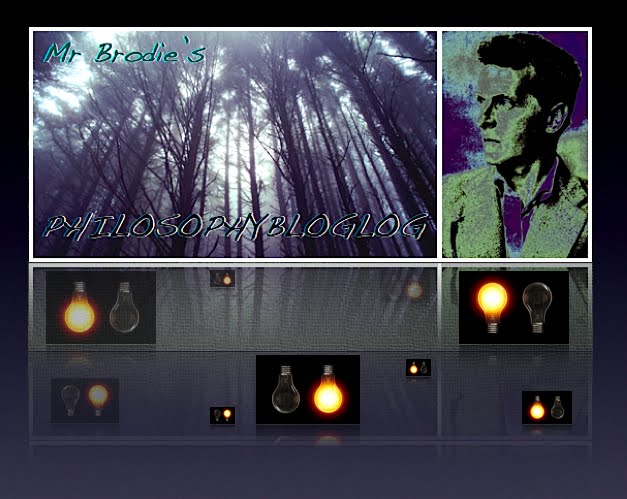






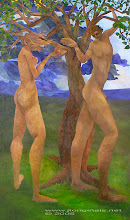


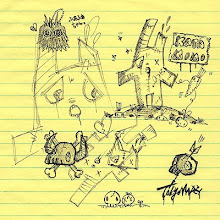
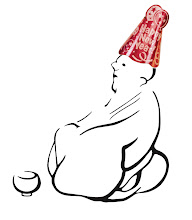




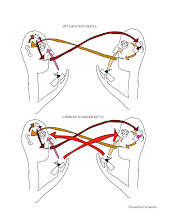

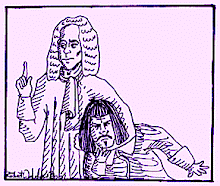
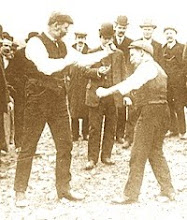



No comments:
Post a Comment